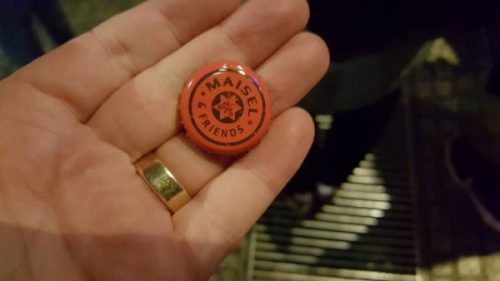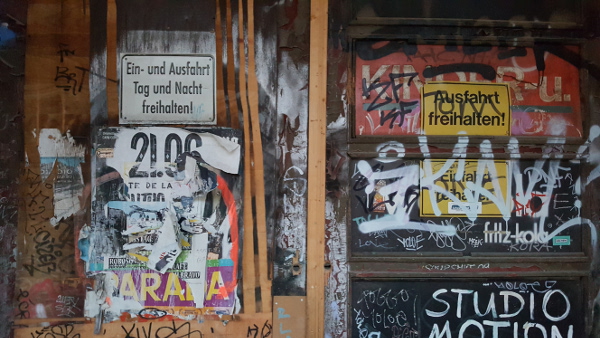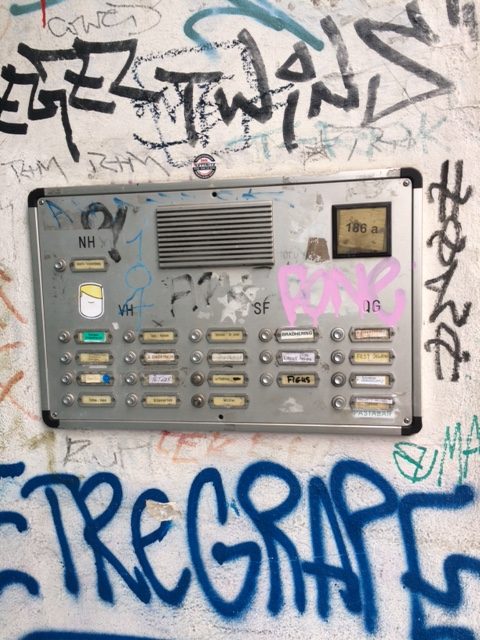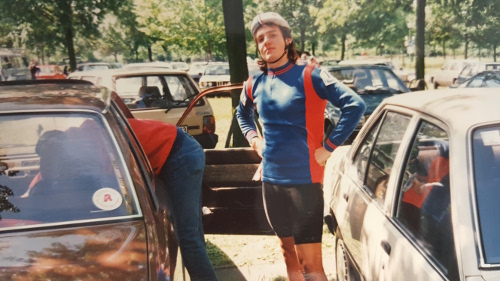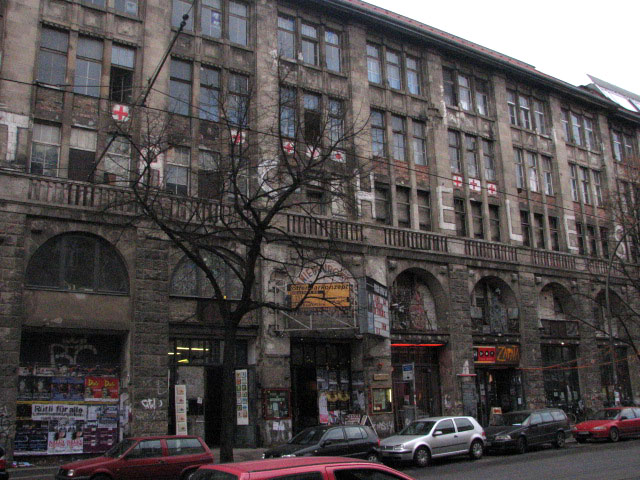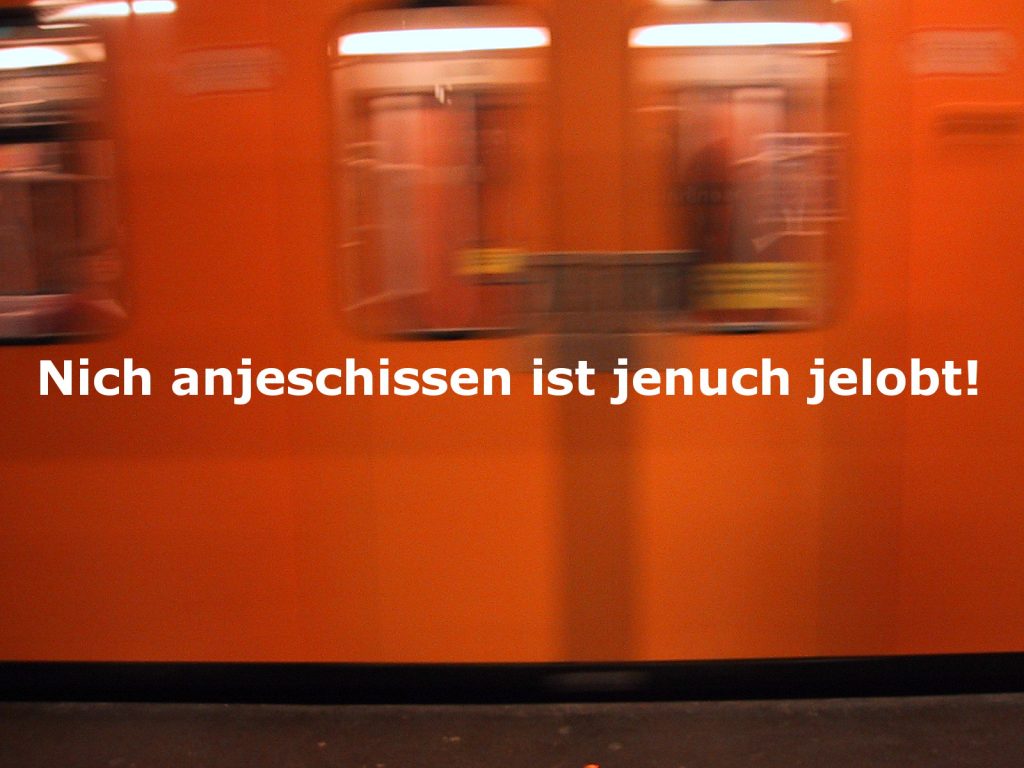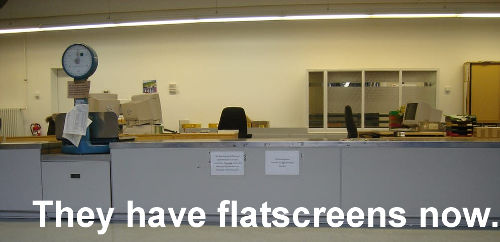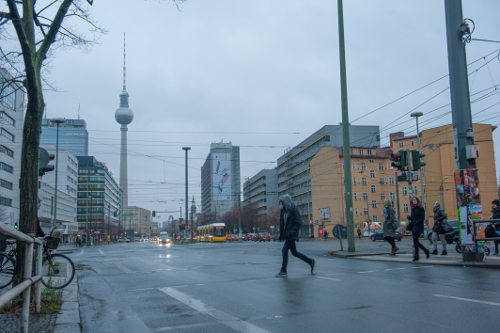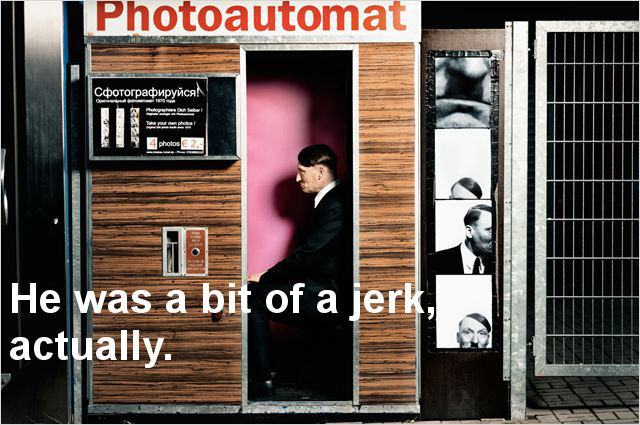If you live in Germany long enough, you start to become German. And some day, that may allow you to open a bottle of beer for Dave Chapelle in Berlin with whatever you have in your pocket.
Allow me to explain: Germany seemed most magical to me back when I was an exchange student in 19… well let’s just say Helmut Kohl was chancellor. But I was also blown away by the occasional Teutonic sorcery when I returned a decade later as an adult. Things like German math. Or the German ability to open a beer bottle with specifically a lighter but generally anything.
Although the advent of craft beer (and previously microbrews) brought the traditional beer bottle back to the US, most of my American beer drinking was done with screw-top bottles. And by “beer drinking” I mean “college”. Hello various Budweiser products. I don’t know why so many American brewers use screw-top bottles nor am I aware, beyond simple convenience, of the pros and cons of the invention.

I just know that Germany does not use them.
And so you may find yourself in the middle of Mauerpark (or any German park) with a bottle of beer, and you may find yourself with no bottle opener, and you may ask yourself, “My God, what have I done?”
And a German will come over and say, “Hey, that’s no problem.” And grab the bottle with one hand and pop the top off with a lighter in the other and then just move on as if they didn’t just perform some Harry Potter wizardry. The first time you see it you will expect an owl to swing down and carry the enchanted lighter back to Hogwarts for safekeeping. I know I did.
After watching my German friends perform this feat for about six months, I decided to try it myself. I spent a good year just prying bottle tops off with anything, including lighters, that was nearby, ruining almost every tool I used. And breaking more than a few bottles.
“No,” a guy in a park finally told me. “All you’re trying to do is get some leverage and apply the force vertically to the underside of the cap. Don’t try to pry it off.”
Germans and their physics and logic.
Newest entry to the list of “things I have seen Germans open a beer with”: a copy of the New York Times.
— Tori Dykes (@toridykes) 31. März 2018
It still took me another year to finally get it right. And now I can open beer bottles with almost anything solid. Almost every time. All you have to do it get some leverage and apply a little vertical force to the underside of the cap.
All of this was training for the night Dave Chapelle performed at Quatsch Comedy Club in Berlin. I got there early and sat in the front row next to my good friends and fellow comics Carmen Chraim and Alex Upatov . Near the end of his set, Dave ordered an unopened beer from the bar staff as if he lived in Game of Thrones, which if I retold here would get both me and Dave in hot water but was hilarious in the moment.
I can only assume that Dave thought he would get a beer with a screwtop. The waitress brought the unopened beer, sans screwtop, and handed it to him.
“I know I ordered an unopened beer,” Dave said, “but can I get a bottle opener?” The waitress didn’t hear him and it was as if Commissioner Gordon had shone the Bat Signal on Quatsch’s back curtain and I was Batman. I knew I had my work ID and holder in my pocket and that I could get a beer bottle open with that. Except at that moment I noticed Carmen had also seen the Bat signal and thought she was Batman. She was rifling through her bag to find a bottle opener.
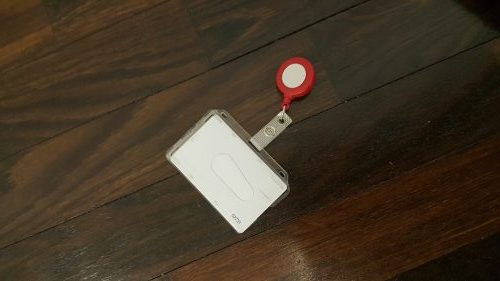
I did what any gentleman would do in that situation and half-stood while yelling, “Dave! Give me your bottle!” And as I did I reached my right arm out, ostensibly to grab Dave’s bottle but actually to block any view Dave might have of Carmen and her potential Batman-ness. I was born only for this moment and I would not have it usurped by Carmen. Did I say, “gentleman?” I meant, “mercenary.”
Dave handed me his bottle and I opened it and there was a little banter between me and Dave where he discussed his odd affinity for Portland (Oregon) and I just smiled. Like a male praying mantis, I knew I had served my purpose.
And I had cemented my position as apprentice German wizard.
